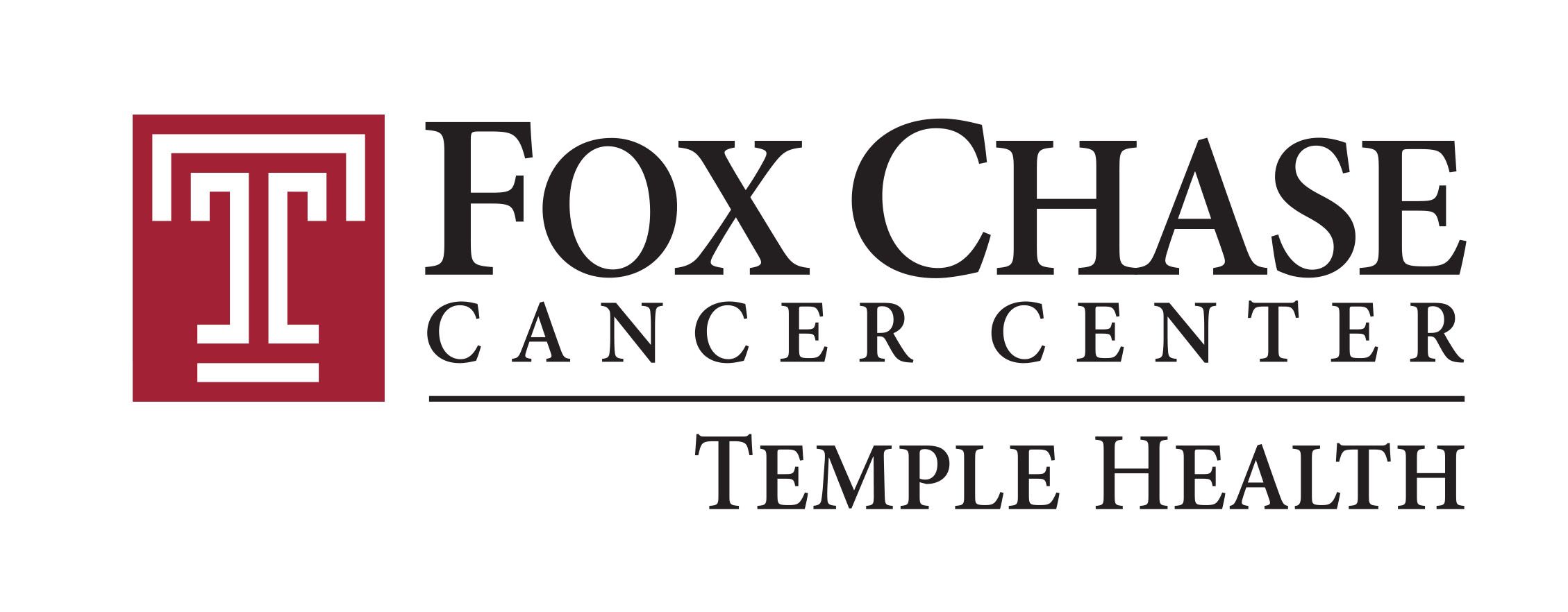- Advertise
- About OncLive
- Editorial Board
- MJH Life Sciences brands
- Contact Us
- Privacy
- Terms & Conditions
- Do Not Sell My Information
2 Clarke Drive
Suite 100
Cranbury, NJ 08512
© 2025 MJH Life Sciences™ and OncLive - Clinical Oncology News, Cancer Expert Insights. All rights reserved.
Fox Chase Cancer Center Researcher Lu Chen Receives $250,000 NIH Grant to Further Investigation of RNA
Lu Chen, PhD, an Assistant Professor in the Nuclear Dynamics and Cancer Research Program has received a grant from the NIH to further investigate the role of RNA and the formation of liquid droplet structures within cancer cells.
Lu Chen, PhD, an Assistant Professor in the Nuclear Dynamics and Cancer Research Program and member of the Cancer Epigenetics Institute at Fox Chase Cancer Center, has received a $250,000 grant to further investigate the role of RNA and the formation of liquid droplet structures within cancer cells.
Chen was awarded the Maximizing Investigator’s Research Award (MIRA) from the National Institute of General Medical Sciences, part of the National Institutes of Health (NIH).
The MIRA grant provides support for early-stage and established investigators and allows researchers to explore new scientific questions and take on ambitious projects. It is a supplement award to the parental R35 MIRA grant that Chen’s lab received last year.
“We are excited to receive support from multiple NIH grants,” Chen said. “In particular, this grant will bring a cutting-edge microscope platform to the Fox Chase research community, which will enhance the tracking of many essential cellular processes.”
Under their 2023 grant, Chen and his team explored how RNA structure and location contribute to RNA’s function inside a cell. Expanding on this research is what Chen describes as the “telomerase compartmentalization” model.
Telomerase is known as the “immortality enzyme” because it helps 90% of cancer cells to replicate indefinitely. However, when healthy stem cells don’t have enough telomerase due to normal aging or genetic mutations, they begin to shut down and enter a terminal state called replicative senescence. This contributes to degenerative diseases like dyskeratosis congenita, pulmonary fibrosis, liver cirrhosis, and Alzheimer’s.
The new grant will fund further research to explore how telomerase structure and activity is regulated at telomeres and within the droplets, which in turn controls telomere length and the lifespan of cells. It will also give Chen and his team access to a tool called NanoLive, which allows for further investigation of mitochondrial dynamics, lipid movement, cell death, and the killing activity of immune cells toward cancer cells.
His lab will investigate the molecular mechanisms of liquid droplet-like structures in cancer cells, specifically focusing on RNA structure and chemical modifications. This research will expand into immuno-oncology by exploring how “drugging” these droplets can help immune cells kill cancer more effectively and more durably.
“This imaging tool strengthens our capacity to systematically track these dynamic droplet structures with unprecedented resolution and precision,” said Chen.
Related Content:





